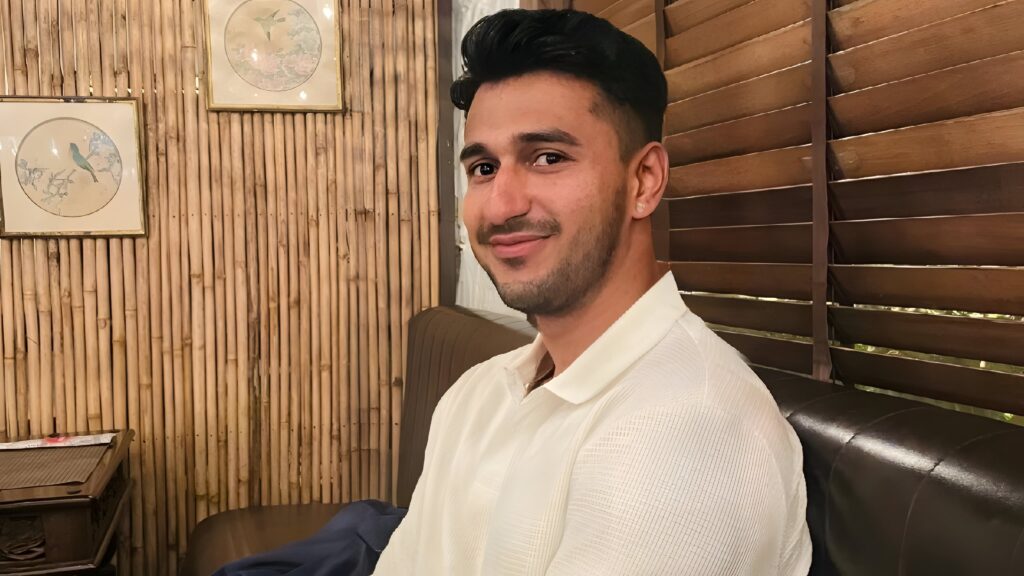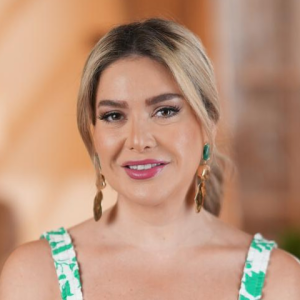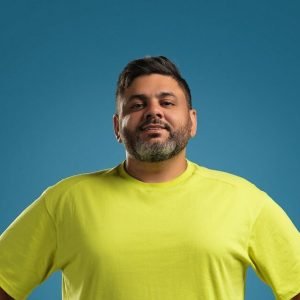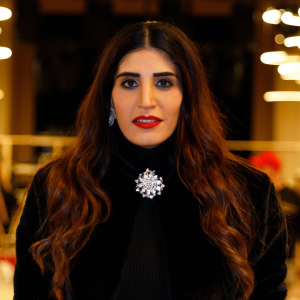Fardeen Khan is not your typical tech entrepreneur. His journey into the world of artificial intelligence (AI) and cryptocurrency began with a twist of fate that many might see as a setback but turned into his greatest opportunity. At the age of 19, Fardeen was a state-level cricketer and athlete when a fracture at a state camp changed the course of his life forever. Little did he know that this injury would lead him down a path of intellectual exploration and a quest to understand the workings of the universe, the mind, and beyond.
“I guess curiosity with alignment plays a major role,” Fardeen Khan reflects as he recounts the pivotal moment that led him to pursue psychology. His injury, which left him unable to move properly, sparked his desire to learn about life’s fundamental questions—questions like “What is life?” and “Why is there life?” This curiosity drove him to explore cosmology, where he even developed a theory known as Gate Entropy. In this theory, Fardeen postulated that the universe operates in eight dimensions and delved deep into the properties of black holes, space fabric, and beyond.
Fardeen Khan’s fascination with science didn’t stop at cosmology. He ventured into evolutionary biology to understand how life, from atoms to cells, operates with goal-oriented intelligence. “Intelligence operates on every level of matter that exists in this universe,” he explains. From atoms forming bonds to unicellular organisms replicating with purpose, Fardeen believes that intelligence is present everywhere and that we, as humans, possess a higher level of intelligence that allows us to shape the world around us, create tools, and even craft fictional realities such as money and religion.

As his intellectual curiosity continued to grow, Fardeen Khan discovered the world of crypto trading. Crypto, with its complex protocols and decentralized networks, intrigued him and became an outlet for his learning in complexity science. “Complexity science is very interesting,” Fardeen notes, “because it’s the closest subject to understanding how the world works, from finance to psychology to biology.” It was this blend of complexity science and crypto that would ultimately shape Fardeen Khan’s career in AI and blockchain technology.
Fardeen Khan’s achievements go beyond his intellectual pursuits. He is deeply proud of his ability to stay conscious about life and reality, a rare achievement in a world filled with distractions. “We have finite time,” he says, “and every day I wake up, I feel lucky to experience a higher level of intelligence in a universe filled with atoms.” This profound understanding of life fuels Fardeen’s work in AI, where he is researching and developing products that will allow more people to build decentralized, collective AI systems.

One of Fardeen Khan’s most notable accomplishments is his role as a startup advisor. He has advised over 20 startups, helping them build their technology from the ground up. “I didn’t have any industry experience when I started,” Fardeen admits. “I was busy with sports and didn’t do any internships, but I learned quickly.” Despite early setbacks, including the departure of his co-founder, Fardeen went on to help four startups build their tech and even created an MVP (Minimum Viable Product) for a public vehicle food system that aimed to increase income for cab drivers. Although the project didn’t get the backing it needed, Fardeen’s entrepreneurial spirit never wavered.
Today, Fardeen Khan is working on Koboto network and Orchestra one of the most innovative projects in AI and blockchain. He is currently developing an AI Coordination Network that introduces modularity and dynamic environments to AI agents, enabling them to provide better inferences for consumers. Additionally, Fardeen is building a marketplace for Active Validated Services (AVS) and Active Collateral Services (ACS), which will allow developers to leverage capital from decentralized trust networks. His goal is to create the world’s first market to control open interest through critical liquidity, an ambitious project that could revolutionize the way we think about finance and blockchain.
When asked about his inspiration, Fardeen Khan gives an unexpected answer. “There is no human being that I take inspiration from,” he says. Instead, he is inspired by the process of evolution itself—the way atoms, cells, and ultimately humans have evolved into intelligent beings capable of shaping the world. He does, however, admire thinkers like Michael Levin and Sir Roger Penrose, whose work aligns with his own curiosity about consciousness and the universe.
Fardeen Khan’s journey has been marked by many failures, but he doesn’t dwell on them. “I don’t look back generally,” he explains. “We can never live in the present if we keep thinking about the past.” For Fardeen, the key to success is staying curious, learning from multiple perspectives, and building solutions that have a collective impact. “Internal peace comes from acting with good intentions and maximizing collective coordination,” he says. This philosophy drives his work and shapes his definition of success.
As for the future, Fardeen Khan doesn’t believe in leaving a legacy in the traditional sense. “In this infinite universe, with the finite life of our planet, atoms and cells don’t care about fictional success,” he reflects. Instead, he hopes to be remembered as someone who taught others the value of time, kindness, and empathy. If people can leverage his foundational innovations in AI, crypto, and evolutionary biology to build a better world, then Fardeen Khan’s work will have served its purpose.
In a world where technology and intelligence are often seen as tools for profit and power, Fardeen Khan stands out as a visionary who sees them as instruments for understanding life and improving humanity. His journey from state cricketer to AI pioneer is a testament to the power of curiosity and the unyielding pursuit of knowledge. As Fardeen continues to push the boundaries of what’s possible in AI and crypto, there’s no doubt that his work will leave a lasting impact—whether or not he believes in legacy.












